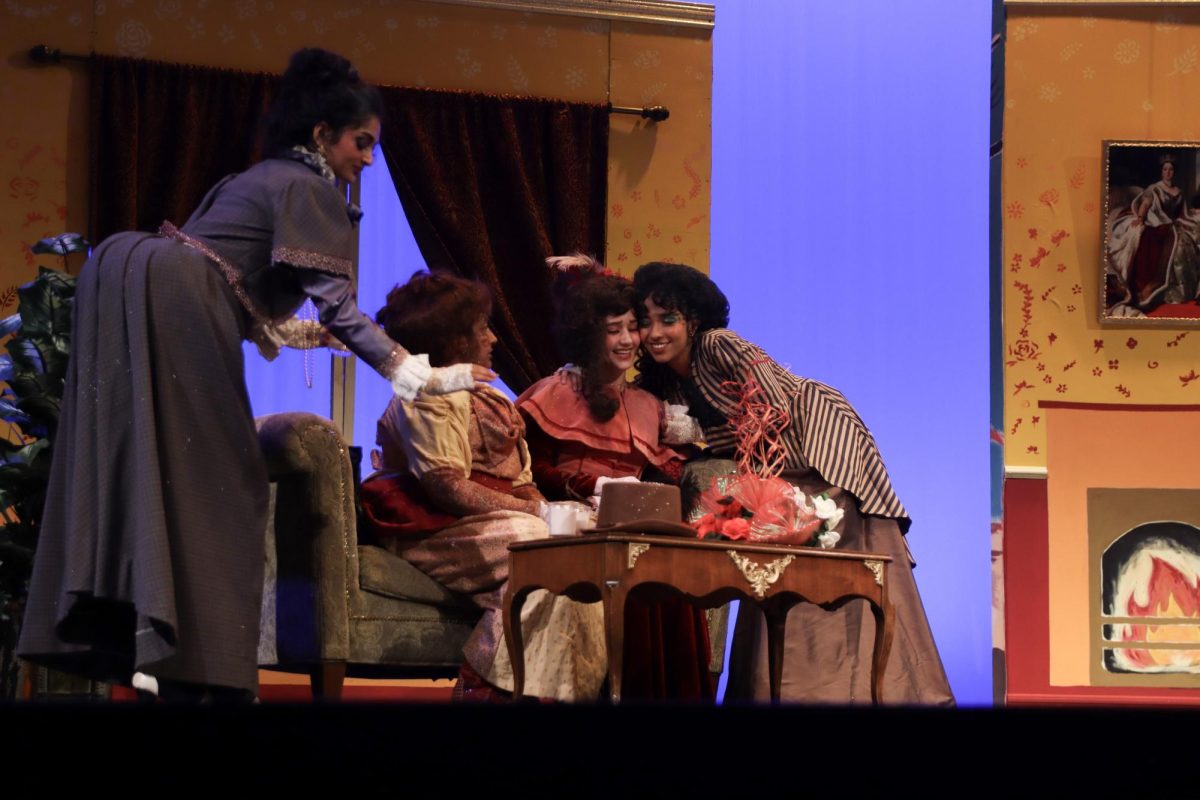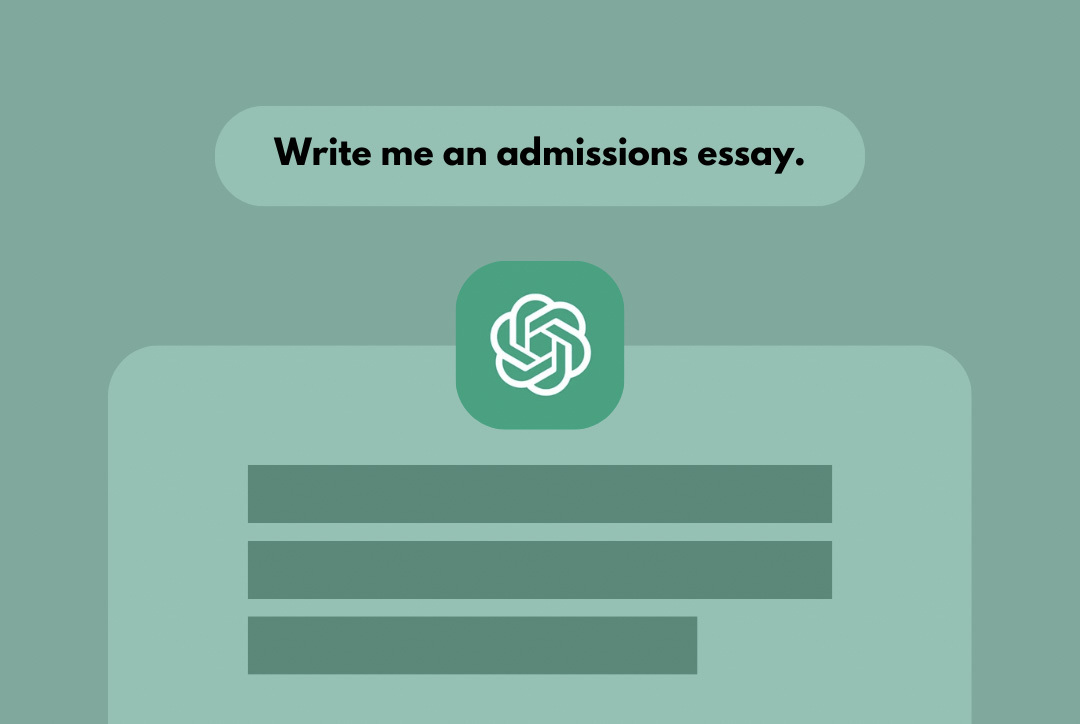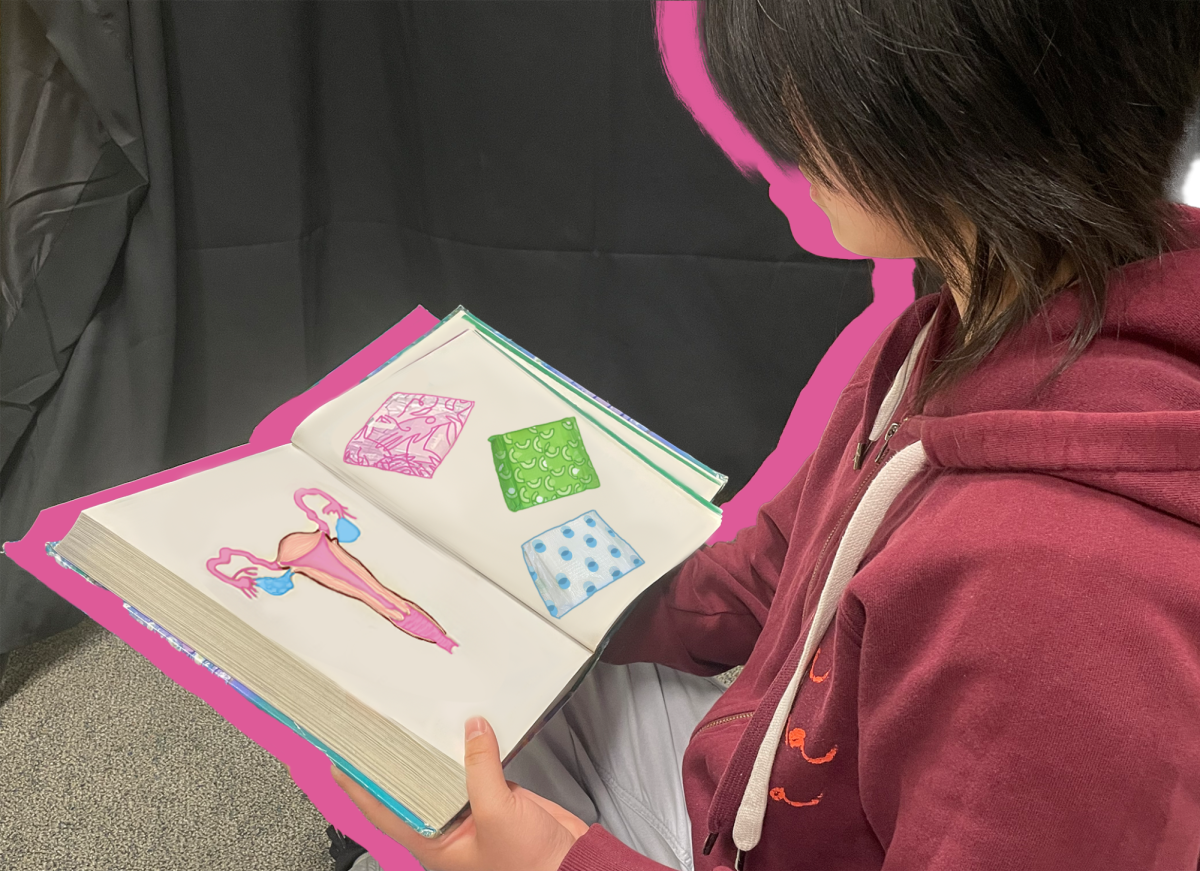Like alcohol and drugs at other schools, the ethics-grades balance at MVHS is taboo: something that everyone knows about but no one speaks of. The recent American Literature Honors incident — in which a substitute teacher began charging students for editing their essays — sparked comments from readers, some disapproving of the actions, others justifying them. One anonymous comment read, “I think it is pretty apparent that [the substitute] does not have the correct mindset. His goal is not to help the Lit Honors students succeed, but to gain some sort of profit. By seeing how he tries to defend his words of the ‘undisputed A,’ it is clear that he is trying to justify his wrong actions.”
Another commenter wrote, “What’s the problem with this? Obvious favoritism exists in every single classroom at our school. Some teachers take bribes in the form of kindness, others in gifts, and [the substitute] in money.”
And underneath the widely debated situation, a larger question remained, one brought up by the discussions: Do students at MVHS value grades over ethics?
The majority of surveyed students — 326 out of the 393, or 83 percent — said yes.
Opinionated but apprehensive
Though the American Literature Honors incident brought up varying opinions among students, parents and teachers alike, over 30 MVHS students and staff members declined to comment on the balance of ethics and grades at this school, reflecting the sensitivity felt when the topic is brought up.
In the American Literature Honors situation, neither the substitute nor the teacher of the class was in direct violation of any FUHSD policies. While the policy does state that “the educator: Shall not accept any gratuity, gift, or favor that might impair or appear to influence professional decisions or action,” the rules also say that ‘all violations of this article committed in the course of the execution of the contract… shall [be] report[ed] …” This means that the policy no longer applies after the end of the contract, or the workday — which, for teachers, ends at 3 p.m.
Students speak up
Senior Michelle Jiang believes that academic stress, whether from parents or others, is a major factor in students prioritizing grades over ethics. According to Jiang, students often feel pressured to test academic limits because of the grading system. She believes that the classes concentrate on tests and end results rather than the learning experience.
“Classes focus on who can get the highest A, and it’s a drive for students to try to cut corners,” Jiang said.
Teachers take on the issues
At the end of every school year, students enrolled in Pamela Chow and Renee Fallonís AP Biology classes sign an agreement stating that they will not allow others to use their work. According to Chow, some students enrolled in the class use previous studentsí or older siblings’ work as resources, and problems arise when students begin to copy these works. In order to maintain the integrity of their classes, some teachers choose to steer clear from anything that could be considered ethically questionable. To avoid such situations, math teacher Scott DeRuiter has employed a ìno giftî policy since the 2009-2010 school year.
“I have received large gifts in previous years, and at times it made me uncomfortable,” DeRuiter said.
DeRuiter understands that most of the gifts he received were well-intentioned; according to FUHSD policies, receiving gifts is not a violation of any rules as long as they do not “appear to influence professional decisions or action.” But DeRuiter decided to implement the policy to draw a clear and definite line as to what students can and cannot do.
A complex problem
Though they may not have directly violated the written rules in the academic code of conduct, numerous students admitted to hiring tutors with access to test materials from past years, saying that because they are not actively and personally “using or providing unauthorized materials during an exam/test/quiz,” as stated in FUHSD’s Academic Honesty Policy, the action cannot be considered a violation of the academic code. But according to Jeffrey Yang, the manager of ThinkTank Learning Center in Cupertino, the role of the tutor is not to promote such methods.
“A tutor is really just to help you facilitate your learning,” Yang said. “[Tutoring] is not doing homework for you or writing an essay for you. It’s more of a guidance.”
Opinions differ on the feasibility of receiving an A in any MVHS class. However, both Jiang and junior Barak Gila believe that this does not mean students should automatically resort to questionable means.
“There’s always a gray area … if you don’t have some kind of limit, if you can’t look at yourself and say “I’m an ethical person, [the grade] loses all meaning,” Gila said. “If you don’t even deserve it, then what was even accomplished?”



















